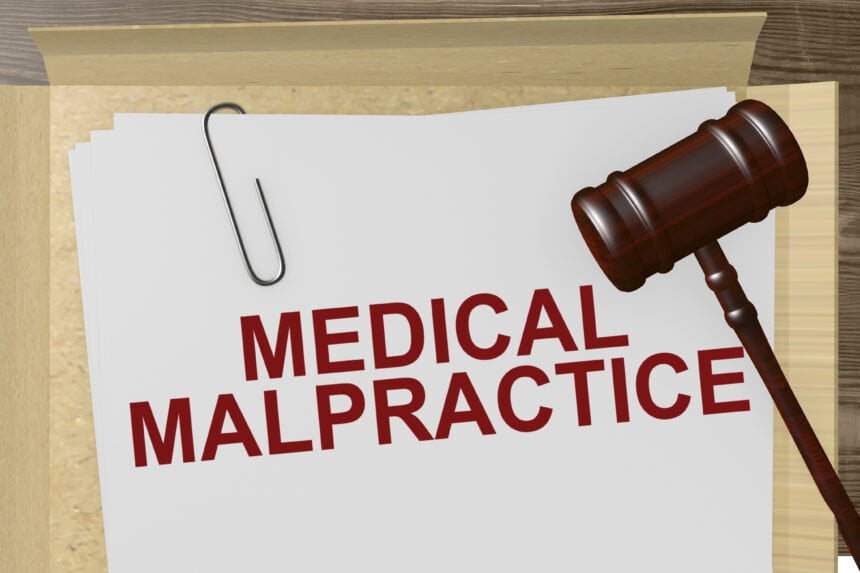Medical malpractice is a growing concern in healthcare that impacts patients, providers, and the healthcare system. When a healthcare professional makes a preventable mistake that harms a patient, it is considered medical malpractice. The effects of these errors can be devastating.
Definition and Prevalence of Medical Malpractice
Medical malpractice, also called medical negligence, occurs when a doctor, nurse, or other healthcare worker fails to provide appropriate treatment, makes an error in diagnosis, or does not follow standard medical procedures. This results in patient injury, illness, disability, or even death. Studies show that medical errors affect millions of patients each year. One extensive report found that medical negligence contributes to over 250,000 deaths annually in the United States.
Healthcare providers are human, and mistakes sometimes happen. However, providers are expected to follow approved standards of care. When substandard care leads to patient harm, the provider may be sued for medical malpractice. By some estimates, one in three healthcare practitioners will face a malpractice lawsuit during their careers. Surgeons, obstetricians, and primary care doctors tend to have the highest risk of being sued.
Physical and Emotional Impact on Patients
The most tragic consequence of medical negligence is avoidable injury, disability, and death among patients. Medical errors often result in extended hospital stays, long-term health effects, and decreased quality of life. Patients may require additional surgeries, treatments, or lifelong medical care.
According to attorney Adam Malone, founder of Malone Law Medical Malpractice and Severe Injury Lawyer, “medical mistakes can also cause significant emotional trauma like depression, anxiety, and PTSD. Living with a disability or losing a loved one due to preventable medical errors takes a major psychological toll.”
Financial Costs
Medical malpractice has high financial costs for patients, providers, and the healthcare system overall. A study by the National Health Service in the United Kingdom estimated that the annual cost of medical negligence is around $1.20 billion. Patients also face expenses like medical bills, lost income, and costs associated with long-term care needs. Providers pay increased malpractice insurance premiums. Settlements and jury awards in malpractice cases average over $300,000. Hospitals and healthcare organizations also have substantial expenses related to litigation, insurance, and settlement claims. Defensive medicine practices like unnecessary tests are estimated to cost billions annually. These substantial costs eventually translate to higher healthcare spending for consumers.
If you or a loved one has been harmed by medical malpractice, it is advisable to contact a medical malpractice attorney who understands your rights and options for seeking compensation through a lawsuit. This can help recover damages to cover the significant financial costs patients often incur.
Erosion of Patient Trust
Another consequence is that medical mistakes erode patient confidence. Knowledge of medical errors diminishes trust in specific providers as well as the healthcare system. Patients may become skeptical of medical recommendations and avoid seeking care when needed. Distrust can negatively impact the patient-provider relationship. Healthcare providers should pursue open communication and transparency when errors occur to help rebuild faith.
Risk Management and Reform
Medical negligence leads to efforts to improve patient safety and prevent mistakes. Healthcare organizations implement risk management protocols like incident reporting, better staff training, and enhanced technology systems. Many experts call for reforms to make the malpractice system more effective at reducing errors rather than just compensating injured patients. Suggested changes include special healthcare courts, early compensation programs, and communication-and-resolution programs. Strong provider-patient communication and a focus on system-based improvements are critical for enhancing patient safety.
Medical malpractice has wide-ranging detrimental effects for patients, providers, healthcare organizations, and society. Addressing this critical issue requires an emphasis on transparency, system improvements, provider accountability, and an ethical commitment to delivering safe care. Healthcare leaders must make reducing medical errors a top priority.









